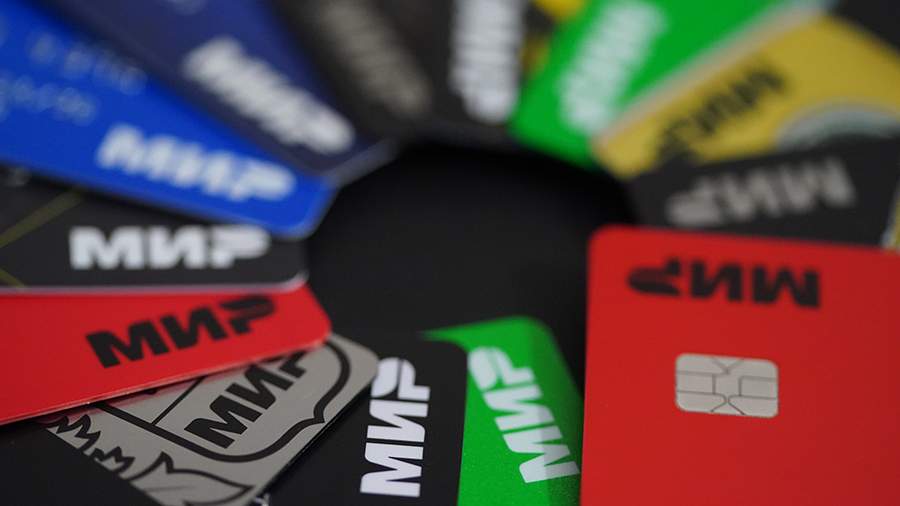The droppers face up to six years in prison. What you need to know

In the third reading, the State Duma adopted a law on criminal liability for droppers, persons whose bank cards are used by fraudsters to cash out stolen funds. The maximum penalty will be up to six years in prison with a fine of up to 1 million rubles. However, responsibility can be avoided if a person who stumbles for the first time cooperates with the investigation. What you need to know about the new measures against fraudsters is in the Izvestia article.
Who are the droppers?
• Droppers usually mean participants in fraudulent schemes who are intermediaries in the chain of withdrawal of stolen money and their cashing out. This term is usually used in the context of telephone fraud — the attacker forces the victim to transfer money to a supposedly "secure account" and then asks the droppers to legalize the funds so as not to leave traces themselves.
• You can be a dropper either consciously or accidentally. In the first case, those who want to earn extra money sell their cards and bank accounts to fraudsters, through which the stolen funds are spent. In the second case, the person himself becomes a victim of fraudsters and loses access to his own banking details, so he may not even know about his involuntary participation in a criminal scheme.
• Droppers who deliberately commit crimes are divided into several types. They can either deposit the received cash into the account and transfer the money to other participants of the schemes, or send the received transfers to other cards or electronic wallets, or withdraw the accepted cash and transfer it to fraudsters. A well-organized scheme involving droppers allows you to hide the traces of a crime and almost eliminates the possibility that the deceived victim will be able to get the money back.
• You can become a dropper even if you respond to a seemingly innocent request for help with translation. For example, if a person allegedly accidentally sent money and asks for it back, or if he asks to withdraw cash from an ATM, promising in return to immediately transfer funds through the application. If it turns out that the money was stolen, then the person who provided the service will turn out to be an accomplice to fraud.
• In order not to become an accidental dropper, you cannot transfer your bank card to anyone, accept transfers to unknown persons, or withdraw cash at someone else's request. If a strange transfer has been received to the card, you need to inform your bank about it so that it can understand the legality of the transaction.
What the law says
• Droppers are usually prosecuted under criminal articles on fraud (art. 159), money laundering (art. 174) or illegal circulation of funds of payments (art. 187). Now the State Duma has expanded the last of them, clarifying the corpus delicti for droppers and the punishment that a court can impose on them.
• The transfer of an electronic means of payment or access to it to another person for illegal transactions will be punishable by imprisonment for up to three years. The same punishment will be meted out for carrying out illegal transactions using an electronic means of payment on the instructions or in the interests of another person out of self-interest.
• It will be possible to avoid criminal liability for these two crimes. To do this, a person must actively contribute to the investigation and voluntarily report on the persons who used the received electronic means of payment for the crime. It should also be the first episode in which the dropper will be charged.
• Penalties are prescribed separately for those who use the services of droppers or organize their network. Up to six years in prison and a fine of up to 500 thousand rubles can be obtained if a person who has not concluded an agreement on the use of an electronic means of payment has acquired it or transferred it to others for illegal transactions. The actual conduct of illegal transactions in the absence of an agreement on the use of an electronic means of payment will also be punishable by up to six years in prison, but with a fine of up to 1 million rubles.
• By illegal transactions, the new law means the transfer of funds, the issuance or receipt of cash without legal grounds provided for by law or transaction. If the consent of the client who has concluded a contract with the payment operator for such operations has been obtained, the operation will not be considered illegal.
Переведено сервисом «Яндекс Переводчик»

